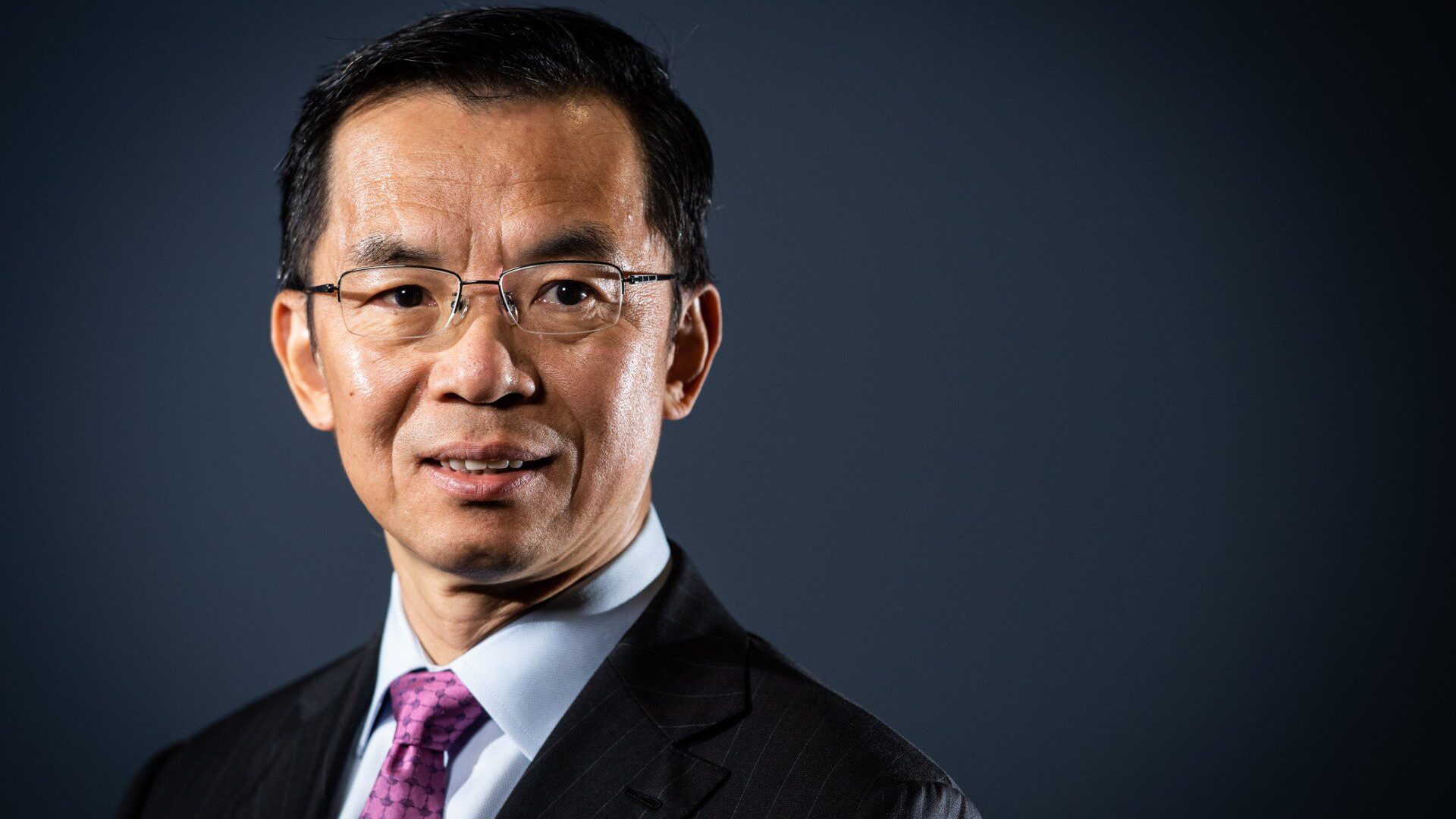
China’s Ambassador to France Lu Shaye.
Photo: Martin Bureau / AFP
Provocative comments made by China’s ambassador to France have caused a diplomatic row with the Baltic states.
During an interview on French television on Saturday, April 22nd, Ambassador Lu Shaye said that as ex-Soviet states, Estonia, Latvia, and Lithuania should not necessarily be considered sovereign countries.
When the conversation turned to the Russo-Ukrainian war, the interviewer asked whether Crimea belongs to Ukraine. To this, Lu responded that “it depends how you perceive the problem,” noting that, at least historically, it had long been part of Russia and was only offered to the then-Soviet state of Ukraine by former USSR leader Nikita Khrushchev.
Crimea indeed was part of Russia from 1783 onwards, when the Tsarist Empire annexed the peninsula, one decade after it had inflicted upon the Ottoman Empire a defeat in the Battle of Kozludzha. In 1954, the Soviet government transferred Crimea from the Russian Soviet Federation of Socialist Republics (RSFSR) to the Ukrainian Soviet Socialist Republic (UkrSSR).
In turn, the interviewer noted that Crimea, while annexed by Russia in 2014 following a referendum, under international law, however, still belongs to Ukraine.
To this Lu responded that in international law, even the countries of the former Soviet Union [Estonia, Latvia, and Lithuania used to be part of the bloc] have no “effective status” because “there is no international agreement to materialize their status as a sovereign country.”
Needless to say, Lu’s provocative statement has made waves in the Baltics. Shortly thereafter, Latvian Foreign Minister Edgars Rinkēvičs said that due to the ambassador’s “unacceptable statements,” Latvia’s foreign ministry, in coordination with Lithuania and Estonia, had “summoned the authorized charge d’affaires of the Chinese Embassy in Riga to provide explanations on Monday.”
In another tweet, he said that Riga expected “explanations” and “a complete retraction” of China’s statement.
Margus Tsahkna, Estonia’s foreign minister, called Lu’s comments “false” and “a misinterpretation of history.”
His Lithuanian counterpart, Gabrielius Landsbergis commented:
If anyone is still wondering why the Baltic States don’t trust China to ‘broker peace in Ukraine,’ here’s a Chinese ambassador arguing that Crimea is Russian and our countries’ borders have no legal basis.
Kyiv’s reaction was equally dismissive. “It is strange to hear an absurd version of the ‘history of Crimea’ from a representative of a country that is scrupulous about its thousand-year history,” Mykhailo Podolyak, an adviser to Ukrainian President Volodymyr Zelensky, said in a Sunday tweet. “If you want to be a major political player, do not parrot the propaganda of Russian outsiders.”
That same day, EU foreign policy chief Josep Borrell called the remarks “unacceptable,” musing that “the EU can only suppose these declarations do not represent China’s official policy.”
China’s foreign ministry is yet to issue a statement on the diplomatic incident.
Regardless, the ambassador’s statements are certain to influence Monday’s meeting of the EU’s foreign ministers, where the bloc was to discuss its China policy.
